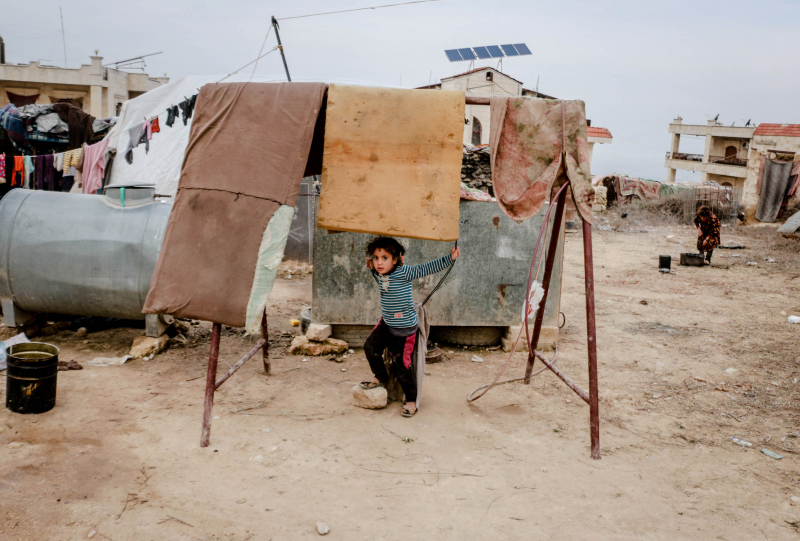Immigration Policies
Topic: Discuss the impact of immigration on a country's economy, culture, and social dynamics.
Answer:
Immigration policies have emerged as a hotbed of controversy, reflecting the intersection of political, economic, and humanitarian considerations. This essay delves into the controversies surrounding immigration policies, examining the diverse perspectives on border control, asylum, and the larger implications for societies grappling with the complexities of migration.
One of the central controversies in immigration policies revolves around the balance between national security interests and humanitarian considerations. Stricter border controls are often framed as necessary for safeguarding a nation's security, while critics argue that such measures can exacerbate humanitarian crises, particularly for refugees fleeing persecution or violence.
Immigration policies are deeply intertwined with economic considerations, particularly in terms of labor markets. Supporters of liberal immigration argue that migrant labor contributes to economic growth and fills essential roles in industries facing labor shortages. Opponents, however, express concerns about job displacement, wage depression, and strains on social services, fostering debates about the net economic impact of immigration.
The process of seeking asylum is a focal point of controversy within immigration policies. Striking a balance between providing refuge for those fleeing persecution and preventing abuse of the asylum system poses significant challenges. Controversies surrounding asylum policies often center on questions of eligibility, processing delays, and the humanitarian treatment of asylum seekers.
The enforcement of immigration policies at borders has come under scrutiny, particularly regarding practices that result in the separation of families. While proponents argue that strict enforcement is necessary for maintaining order and deterring illegal immigration, opponents highlight the moral and humanitarian costs, emphasizing the psychological impact on children and the erosion of basic human rights.
Debates about immigration policies extend to discussions about pathways to citizenship and the integration of immigrants into society. Striking a balance between securing borders and fostering inclusive policies that facilitate social cohesion becomes crucial. Controversies arise regarding the length and requirements of the naturalization process, contributing to ongoing discussions about who should be granted the privilege of citizenship.
In conclusion, immigration policies encapsulate a myriad of controversies, reflecting the intricate web of political, economic, and humanitarian considerations. Striking a balance between national interests and humanitarian values requires nuanced, evidence-based policymaking that acknowledges the complex realities of migration. The ongoing dialogue surrounding immigration policies is a testament to the importance of finding ethical and pragmatic solutions that uphold both the security of nations and the dignity and rights of individuals seeking a better life. In this intricate dance of global movement, the challenge lies in crafting policies that navigate the tensions between borders and humanity with wisdom, empathy, and a commitment to the shared values of justice and compassion.












